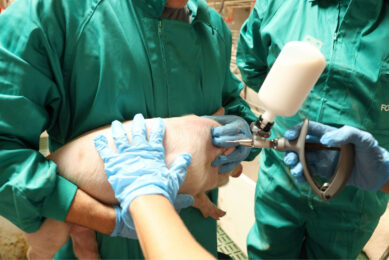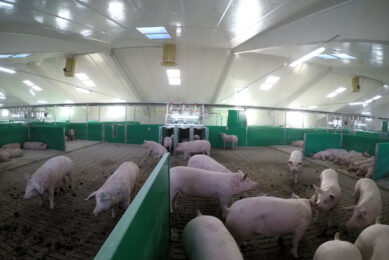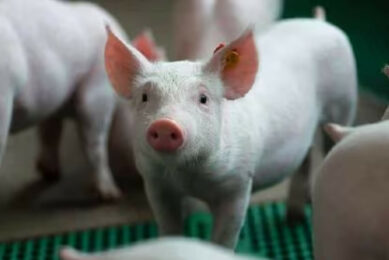Vaccines of the 21st century: Are we honouring Pasteur?

Vaccines are without any doubt, one of the greatest human inventions. Vaccines have been key tools in the fight against the only two diseases so far eradicated from the face of the earth: smallpox in humans and more recently, rinderpest in ruminants. Why such a poor balance?
The answer is too complex to be addressed in a few lines and would need the input of experts from different fields including politicians, socio-economists, health practitioners, veterinarians… and also scientists.
As a professional dedicated to basic research in vaccinology I have to assume my share of responsibility. With few exceptions, basic research has offered little to vaccine market technologies and often what is currently in use seems more appropriate to the 19th century than to the year 2015, being mainly based on classically inactivated or live attenuated pathogens, akin to what Pasteur himself was doing.
Recombinant vaccines
Today we count on a very small number of recombinant vaccines, mainly corresponding to subunit vaccines encoding only one antigen from structurally simple viruses (for example: Porcine Circovirus, Hepatitis B, Human Papillomavirus). Molecular Biology techniques have so far provided us with new expression vectors and vaccine technologies useful at the experimental level using animal models and/or for human and pets use, exclusively affordable for the so-called first world.
Unfortunately, we are still far from being able to offer cheap, safe and efficient vaccines for world-wide use for humans, pets and farm animals including poultry and fishes. The good news is that if there is the will, this reality could be easily reversed. As with any other disciplines, new vaccine developments will feed on two main nutrients: ideas and technology, both of these having the same origin: human resources. How many of our students have devoted and/or will dedicate their professional life to vaccine research? And of those, how many will focus their research on animal health?
Antibiotic resistance
The answer is very clear, not enough and always in reduced numbers compared with those dedicated to other related branches of the life sciences such as cancer therapy or drug and antibiotic development, which coincidently brings faster and bigger profits to investors. However, given the current crisis of drug and antibiotic resistances this must change and quickly.
As scientists we have the obligation to make our discipline more attractive and bring new talent and resources to our laboratories but in order to see a difference in the field, a coordinated effort of the many actors that play a significant role in the decision making process will be required.
African swine fever research
As a very modest example I would like to talk about our own laboratory, devoted to research on African swine fever virus (ASFV) vaccine development and exclusively funded by the Spanish Government from 2005 (before African swine fever re-entered Europe) until 2013. The recent incorporation of trained individuals to our laboratory thanks to the faith deposited in our research by Boehringer Ingelheim at the end of 2013, has transformed, in only two years, our line of research allowing the consolidation of a collaboration between three parties: my own institution (IRTA-CReSA), the laboratory of Dr ML Salas from the CBMSO-CISC (Madrid-Spain) and Boehringer Ingelheim Veterinary Research Center (Hannover, Germany).
In just two years, an incipient collaborative research project has been transformed into an international patent describing a live attenuated ASFV with promising cross-protective capabilities. Let´s see what the future brings.
Transforming the vaccine market
I honestly believe that experts in animal heath have a lot to say and are willing to honour Pasteur and transform the vaccine market in the coming decades. We, animal health vaccinologists have the unique opportunity (humans are not good experimental models) to demonstrate in a relatively short period of time if our vaccine developments are safe and efficient enough to fight important diseases in economically relevant animal hosts and not just in animal models.











